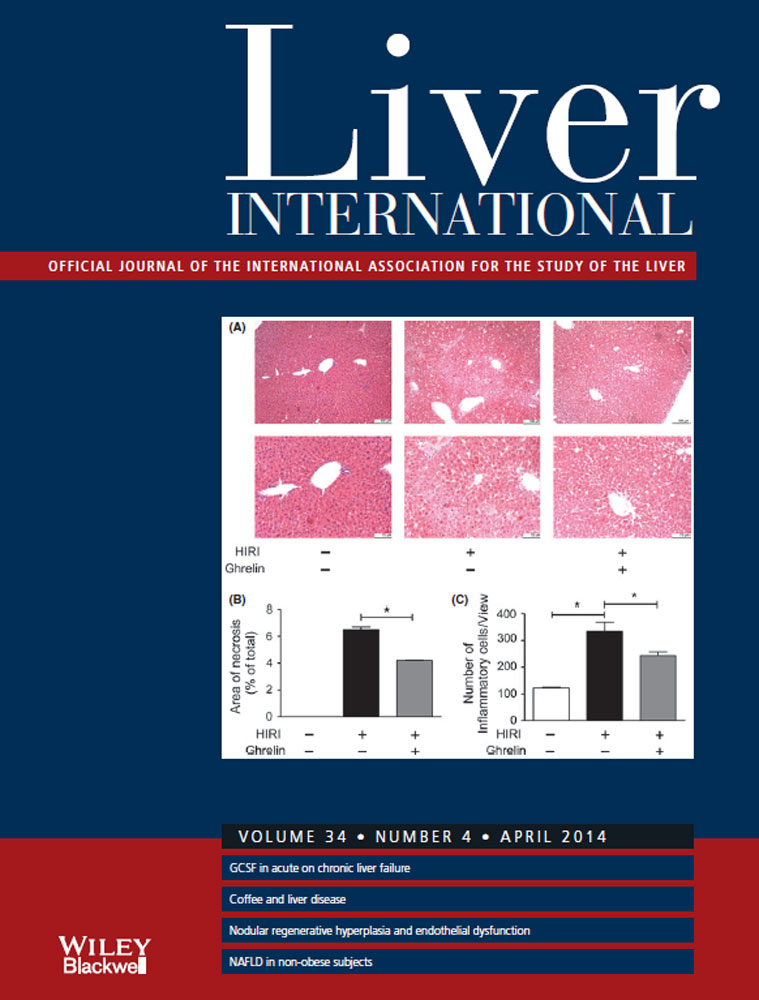Elderly age is not a negative predictive factor for virological response to therapy with pegylated interferon-α and ribavirin in chronic hepatitis C virus patients
Abstract
Background & Aims
Age is frequently discussed as negative host factor to achieve a sustained virological response (SVR) to antiviral therapy of chronic hepatitis C. However, elderly patients often show advanced fibrosis/cirrhosis as known negative predictive factor. The aim of this study was to assess age as an independent predictive factor during antiviral therapy.
Methods
Overall, 516 hepatitis C patients were treated with pegylated interferon-α and ribavirin, thereof 66 patients ≥60 years. We analysed the impact of host factors (age, gender, fibrosis, haemoglobin, previous hepatitis C treatment) and viral factors (genotype, viral load) on SVR per therapy course by performing a generalized estimating equations (GEE) regression modelling, a matched pair analysis and a classification tree analysis.
Results
Overall, SVR per therapy course was 42.9 and 26.1%, respectively, in young and elderly patients with hepatitis C virus (HCV) genotypes 1/4/6. The corresponding figures for HCV genotypes 2/3 were 74.4 and 84%. In the GEE model, age had no significant influence on achieving SVR. In matched pair analysis, SVR was not different in young and elderly patients (54.2 and 55.9% respectively; P = 0.795 in binominal test). In classification tree analysis, age was not a relevant splitting variable.
Conclusions
Age is not a significant predictive factor for achieving SVR, when relevant confounders are taken into account. As life expectancy in Western Europe at age 60 is more than 20 years, it is reasonable to treat chronic hepatitis C in selected elderly patients with relevant fibrosis or cirrhosis but without major concomitant diseases, as SVR improves survival and reduces carcinogenesis.




